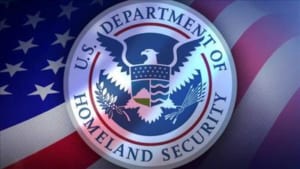 American visa validity depends on a person’s nationality. For example, Vietnamese citizens are given a maximum of a one-year multiple-entry visa. Other neighboring countries such as the Philippines and Thailand are eligible for a maximum of 10 years multiple-entry visas while Cambodian citizens receive up to three-months double entry validity.
American visa validity depends on a person’s nationality. For example, Vietnamese citizens are given a maximum of a one-year multiple-entry visa. Other neighboring countries such as the Philippines and Thailand are eligible for a maximum of 10 years multiple-entry visas while Cambodian citizens receive up to three-months double entry validity.
The expiration date that appears on an American visa is the date that the person must enter the United States. Upon entry, an officer with the U.S. Customs and Border Protection (CBP) will stamp the traveler’s passport indicating the day that the traveler must depart the United States. However, once inside the U.S., a person can extend their stay even if their American visa has already expired depending on the visa that they used to enter the United States. This can be done by filing an I-539, Application to Extend/ Change Nonimmigrant Status with the United States Citizenship and Immigration Service (USCIS). Once filed and if approved, a person can remain in the United States for a longer period of time.
If you are planning on traveling to the United States and planning on staying for a longer period of time, it is strongly recommended to consult with an American immigration lawyer who can advise on the risks and benefits of filing for an extension with USCIS.








